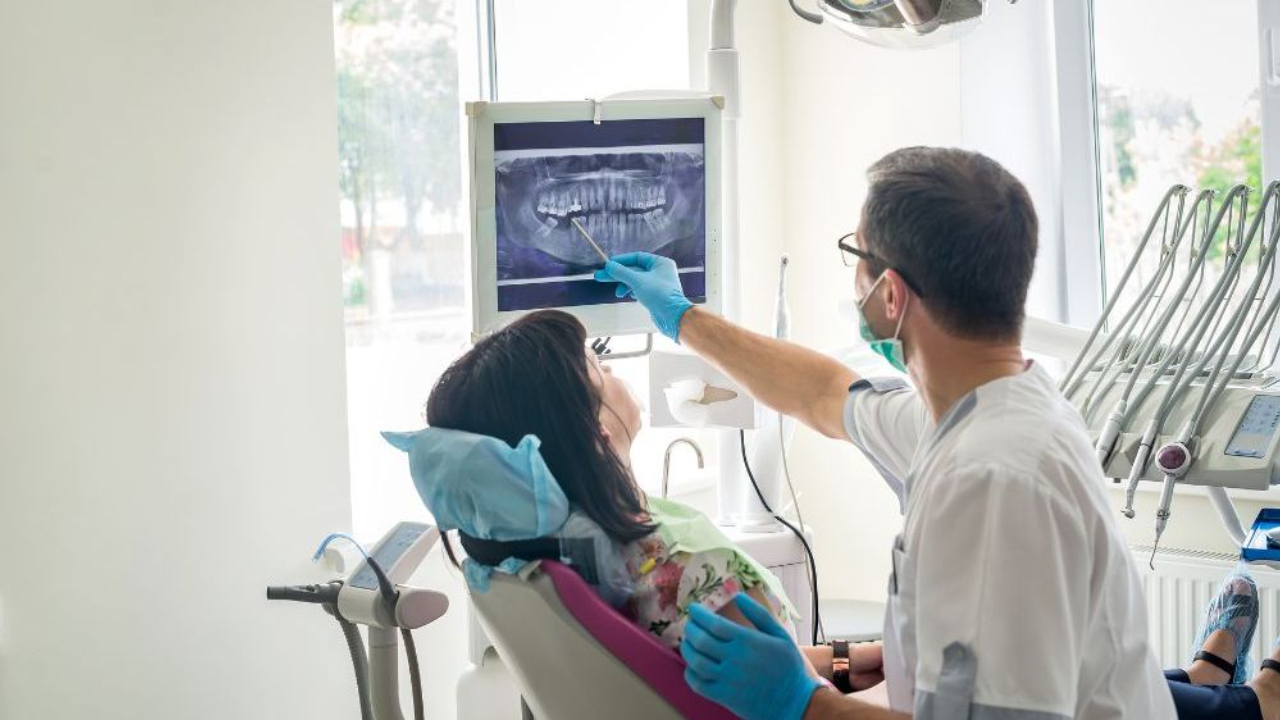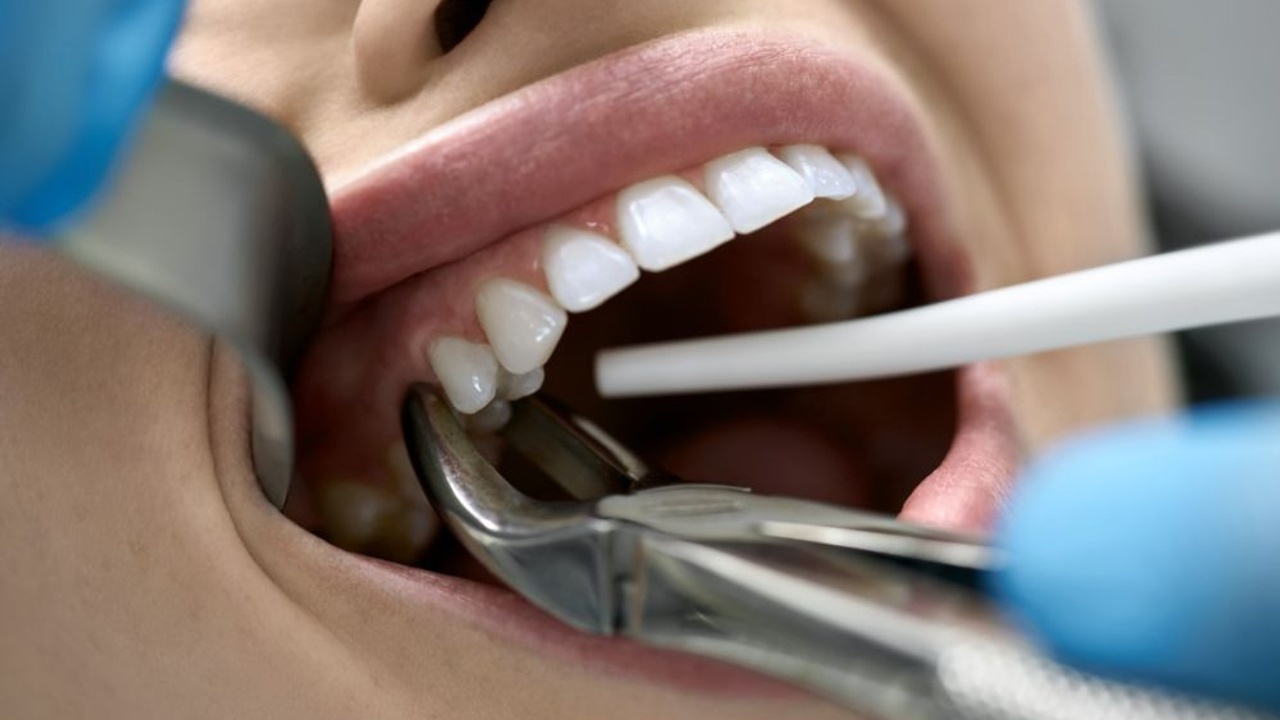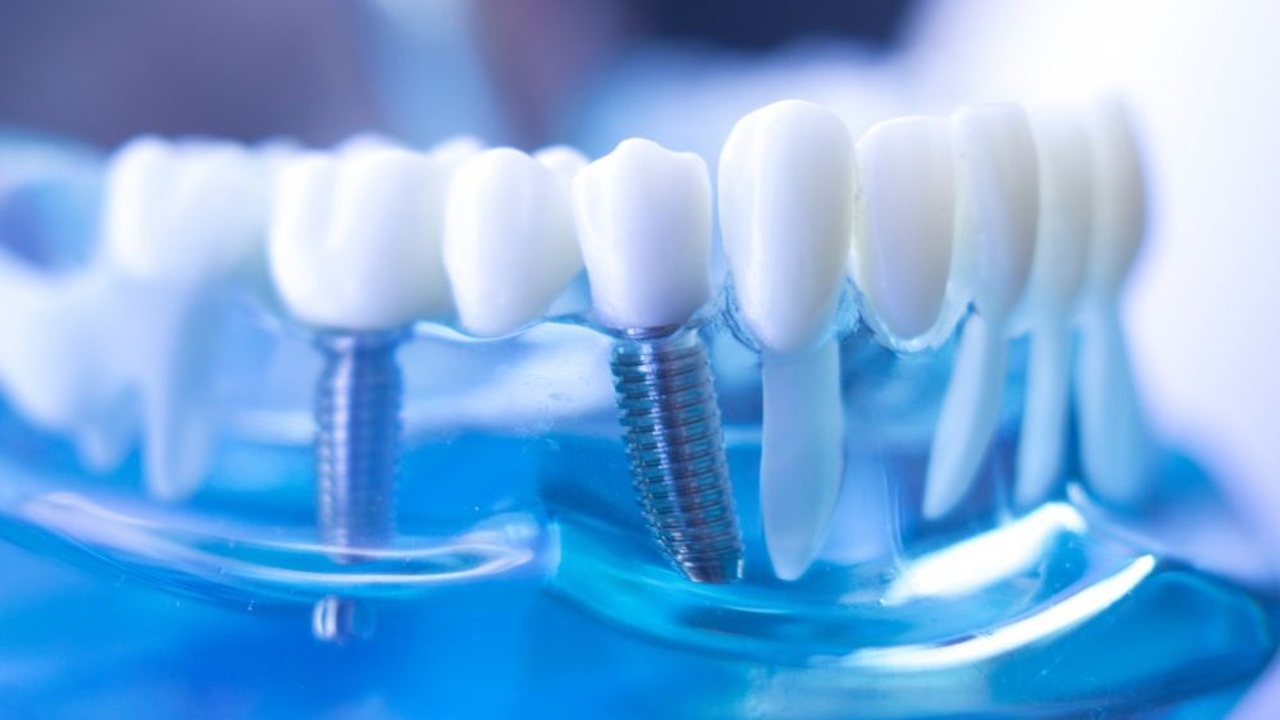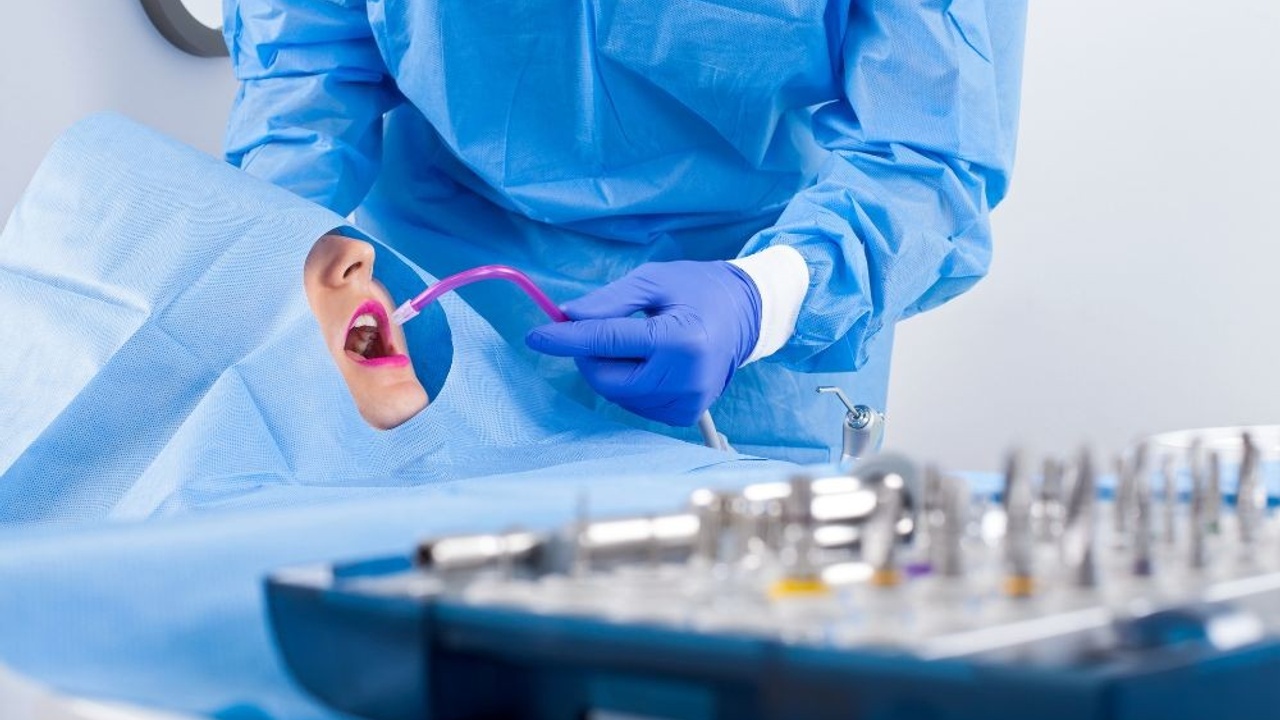Why Continuing Your Dental Education Is Important

Earning a dental degree is an accomplishment anyone would be proud of. However, you should never stop striving to learn more than you already know, whether in life or dentistry. While the idea of cracking open another textbook might make you sigh or roll your eyes after leaving dental school, continuing your dental education is important for a multitude of reasons.
A Constantly Changing Industry
Few industries move as fast as medicine. What was once a standard procedure back in the day could change into something no dentist would recommend after new research or product development comes out.
Learning more about your industry and absorbing as many of the changes in practices as you can puts you in a better position for the future. You’ll be able to offer new services faster than other dentists who might lag, putting you ahead of the competition.
Learning New Technologies
Along with fast industry changes, new technologies get introduced all the time that aim to make the patient...
4 Signs of Failed Bone Grafts: What Dentists Need To Know

The usual circumstances that require a dental implant contribute to jawbone deterioration in the same area, so bone grafts are commonly needed before dental implants. It’s important you know what to look for to ensure the bone graft is successful before the implant can be put in place. These are a few clear signs of failed bone grafts that will need correction before placing any implants.
Prolonged Acute Pain
Every dentist should make sure their patients know there will be some pain in the following days after the bone graft. Usually, this pain is minimal and tends to go away completely within three or four days. If the patient claims to feel serious acute pain for four or more days, or should this pain appear suddenly after the standard recovery period, the bone graft has likely failed. In this case, the situation will need a reassessment before any implant can take place.
Severe Leakage Issues
Leakage is another problem that may only be cause for concern if it gets out of...
Tips for Avoiding Complications During Tooth Extractions

Most dentists will perform quite a large number of tooth extractions throughout their career, but that doesn’t mean that you should start to underestimate how difficult they can be. No matter your level of experience with extractions, they are still delicate procedures requiring serious concentration and finesse. You can use these tips for avoiding complications during tooth extractions to ensure your patient’s recovery is as smooth as possible.
Have Confidence When Performing the Procedure
Understanding the procedure on a technical level is all well and good, but it’s no substitute for the confidence you get when you really feel like you know what you’re doing. Confidence is built over time and through experience. Dentists usually learn about tooth extraction but may not get adequate experience through their basic education. Surgical extraction CE courses, like the ones from Simply Implants Institute, are your best bet for gaining experience and confidence...
The Future of Dental Implants: What Dentists Need To Know

There’s a simple constant in the fields of both medicine and dentistry. That constant is that change is both inevitable and rapid. By the time you finish studying everything you think you should know, new techniques, technology, and theories could replace much of what you learn. As a dental professional, keeping up with this pace of change and adapting to it isn’t just a good idea—it’s absolutely essential. Staying up-to-date ensures that you’re doing your job properly and providing the best options to your patients.
As we believe at the Simply Implants Institute, the next 10 years should be very good years for general dentists that get advanced training in prosthodontics. Meaning? Once general dentists get advanced training in occlusion, aesthetics, sedations, sales, and placing implants, then they can control their own destinies from a business and clinical standpoint. These are topics that we discuss in depth at the Simply Implants Institute.
In...
The Importance of Dental Bone Grafting for Your Patients

As a surgeon, I inspect the patient’s overall mouth during the exam. As dentists, we’ve all had patients who have lost lots of bone (jaw deterioration) because the surgery sites weren’t bone grafted at the time of dental extractions. If a patient needs to have one or multiple teeth taken out, they need to consider having the dentist bone graft the extraction sockets/surgery sites. This decision is important whether or not the patient is going to consider dental implants to replace those missing teeth.
Why should the bone grafting procedure be consented to and agreed upon before the patient has their teeth removed? The reason is that a well-fitting and comfortable partial or denture depends on the availability of remaining bone. Without bone grafting, patients will eventually complain about a denture or partial that slips or does not fit too well. In addition, patients do not like having choices taken away. Even if implants are not immediately placed during the time...
